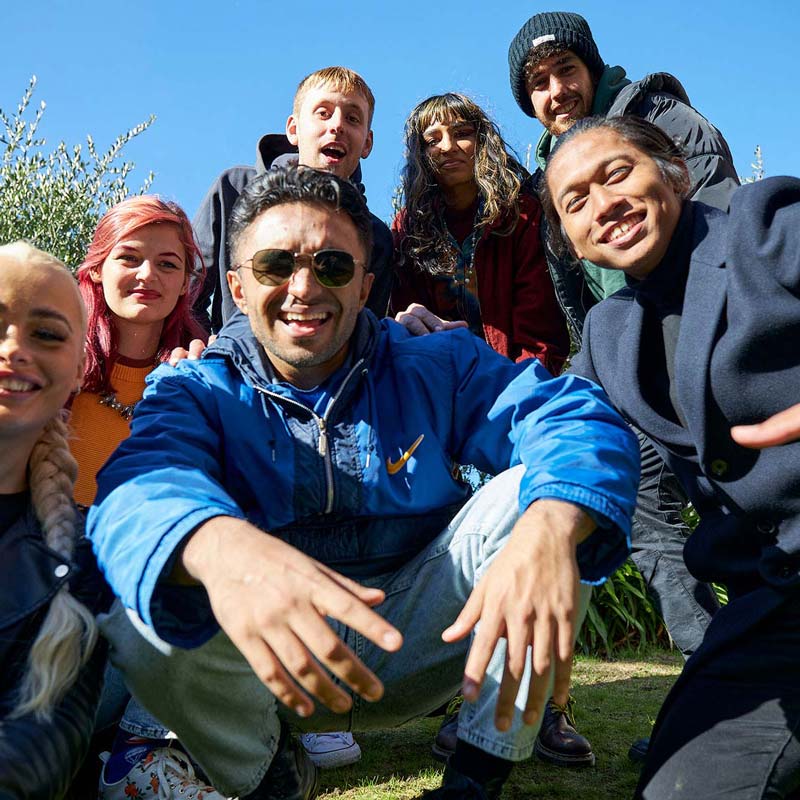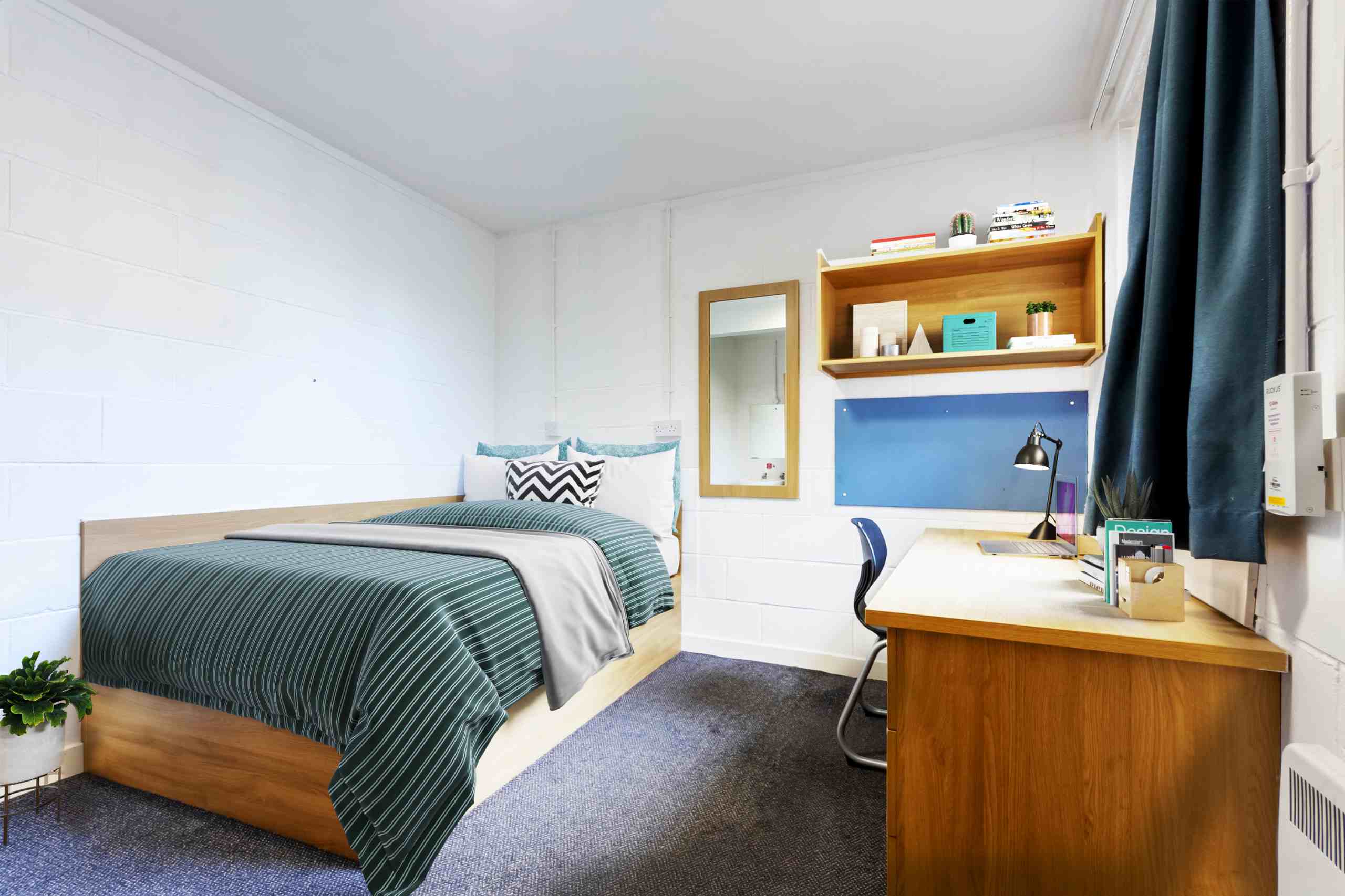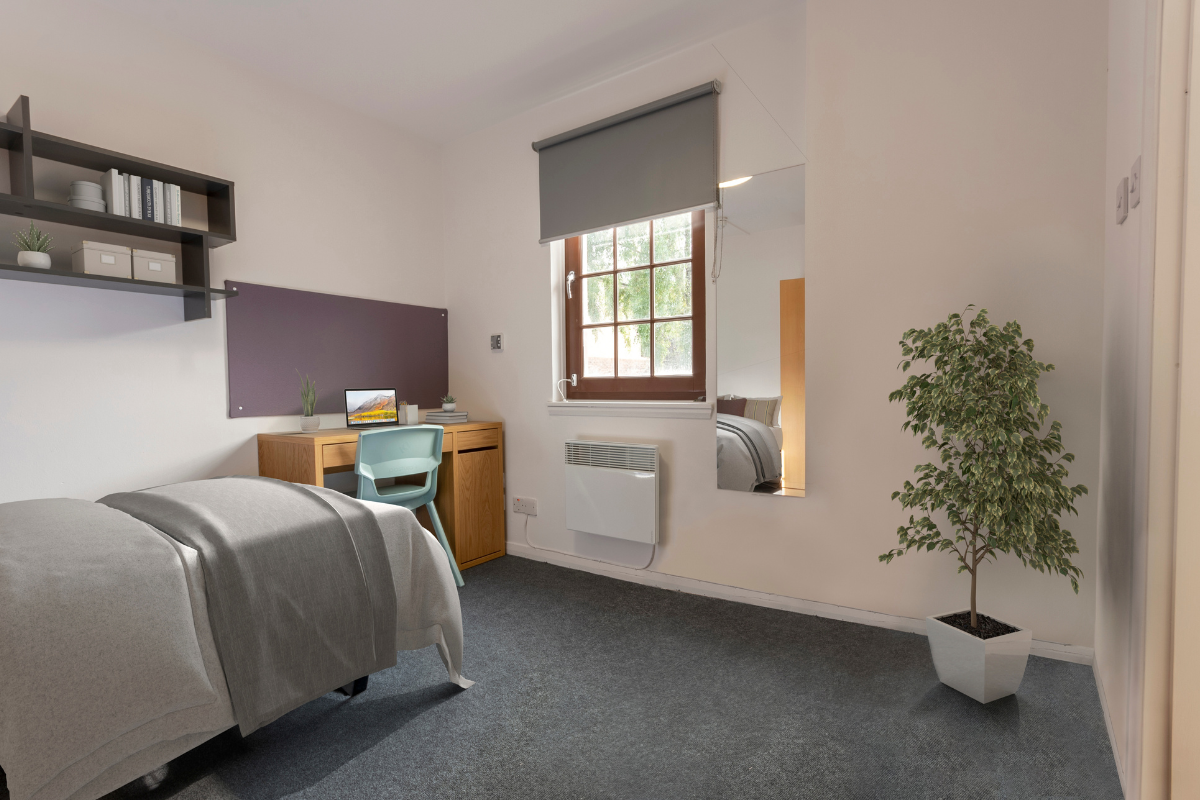















Every Student supplies private student accommodation. We care about the quality of accommodation we provide and the students who live in it. That’s why we’re signed up to the National Code for Assured Accommodation. It sets out minimum standards which we have to abide by in lots of areas, including being honest about how we describe our rooms and buildings, and treating people fairly, ensuring that no one is treated less fairly than others in the way we allocate and run our accommodation.
©Copyright 2025 | Privacy | Cookie terms | Cancellation Policy